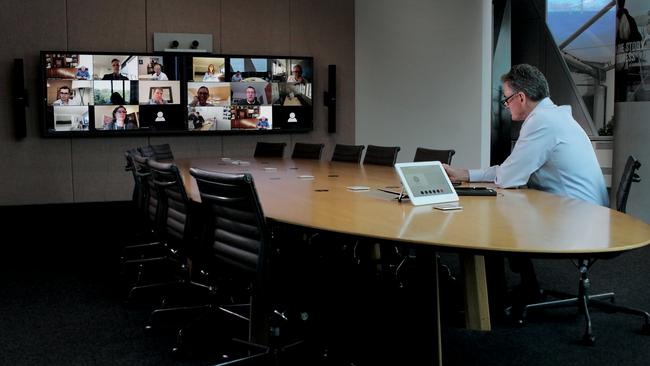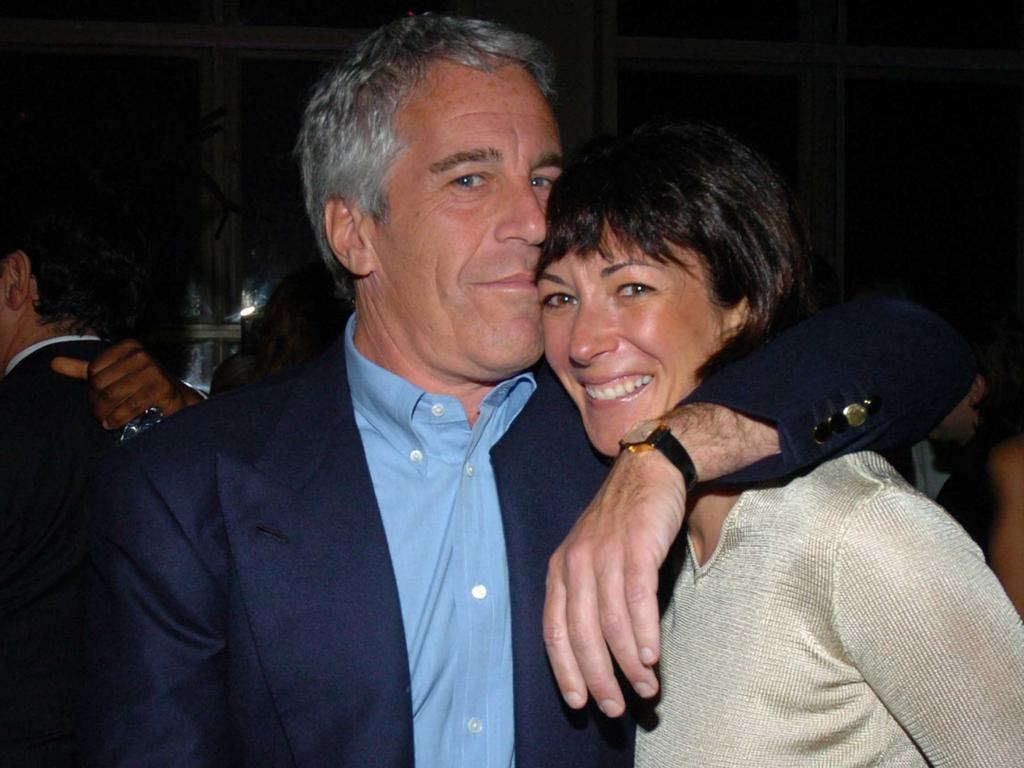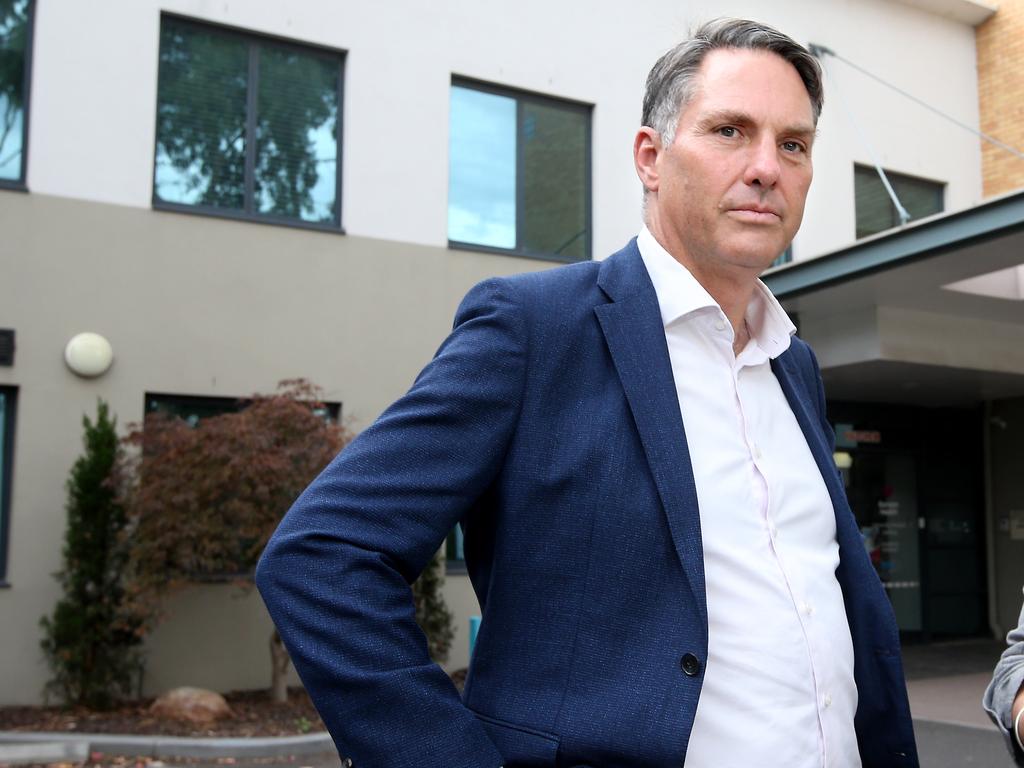NAB rolls out compulsory education program for its 34,000 staff
National Australia Bank chief executive Ross McEwan is aiming to boost knowledge and avoid ‘sloppy’ mistakes.

National Australia Bank chief executive Ross McEwan has thrown down the gauntlet to his rivals on making bankers go back to school, to help boost their knowledge and avoid “sloppy” mistakes exposed in the Hayne royal commission.
NAB is rolling out a compulsory education program for its 34,000 staff with the first module covering topics including ethics, conduct and meeting the expectations of being in the banking industry.
The program - in partnership with the Financial Services Institute of Australasia (FINSIA) - also includes further modules depending on which area of the bank employees work in, and comes at a cost of $50m over the first three years. The program is expected to run for three to five years.
Mr McEwan told The Australian that NAB wanted to spearhead the education initiative and hoped other major banks would follow suit to lift professionalism in the sector.
“I see that as a good investment in our colleagues and in our interactions with our customers over the next three to five years. I’d expect to see much greater consistency on interactions with our customers and getting it right first time and building capability of our bankers,” he said.
“It can be open to others that have that sort of commitment, there is a big time commitment here and there is a big financial commitment in what we are doing... We would welcome the industry to follow, but it’s up to individual banks if they see the value in doing so.”
NAB was a big casualty of the royal commission. Former chief executive Andrew Thorburn and former chairman Ken Henry fell on their swords last year, after stinging criticism of the pair in the royal commission’s final report over their lack of accountability for the bank’s cultural failings.
Mr McEwan during his time as Royal Bank of Scotland CEO implemented a similar training program after the global financial crisis and heightened concerns in banking about reputation, conduct, poor credit skills, and lack of awareness.
Over more than three years under that program, RBS employees undertook the Chartered Banker Professional Banking Fundamentals and Certified Banker qualifications.
Hoping for ‘less mistakes’
Mr McEwan said investing in a sweeping education program would assist NAB make future savings and “fewer mistakes” among its employee ranks.
“If you have a look at what the industry has got itself into we just haven’t got the basics right every time for customers, I think this will be one plank of being helpful at doing that,” he added.
“I don’t think there was any maliciousness about them (bank failings exposed during the royal commission) the industry had a got a little bit sloppy in what it was doing... That’s tightening up now through the royal commission and certainly through the likes of COVID we are having to make sure that these conversations with customers are great conversations that are well documented.”
Mr McEwan wants bankers to focus on “banking 101” and getting back to basics.
The major banks and AMP are having to repay customers a combined compensation bill which is nearing $10bn for a string of failings including product mis-selling scandals, charging dead customers fees and levying charges for advice that wasn’t provided.
Any other takers?
But other big banks were reluctant on Wednesday to weigh into whether they were looking at joining the FINSIA program. Some privately expressed that their current training modules and mandatory code of conducts were sufficient.
A Westpac spokesman declined to comment on joining the FINSIA program but said all Westpac staff undertook “comprehensive training” across topics, including ethics, regulatory obligations and technical knowledge.
“These modules are regularly updated. In addition, many staff undertake external courses through professional associations and tertiary institutions,” the Westpac spokesman added.
An ANZ spokesman declined to comment on joining the FINSIA education program, as did a Commonwealth Bank spokesman.
NAB’s chairman Phil Chronican has been a strong advocate of increasing the industry’s focus on ethics, despite the bank’s transgressions fleshed out at the 2018 royal commission.
He was a former board member of the Banking and Finance Oath, an independent organisation set up to raise moral and ethical standards in the sector and implement a specific oath.
The NAB and FINSIA base module is expected to take the average bank employee about 60 hours to complete.
“We expect this year we’ll get most of our 34,000 colleagues through and I think over the next four to five years, we will have all of our colleagues at the level of skill and qualification that we’d like them to be at in dealing with the customer grouping that they deal with,” Mr McEwan said.
The program includes NAB’s Australian and New Zealand-based employees.
Mr McEwan said he wanted the new program to foster “discipline and a commitment to professionalism”.






